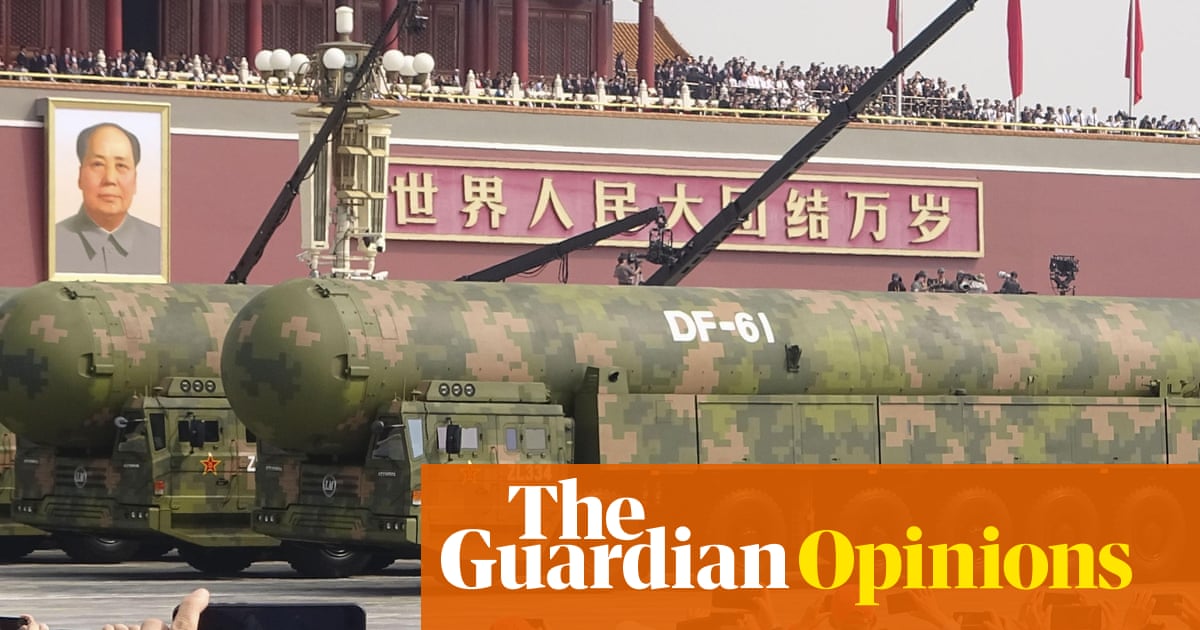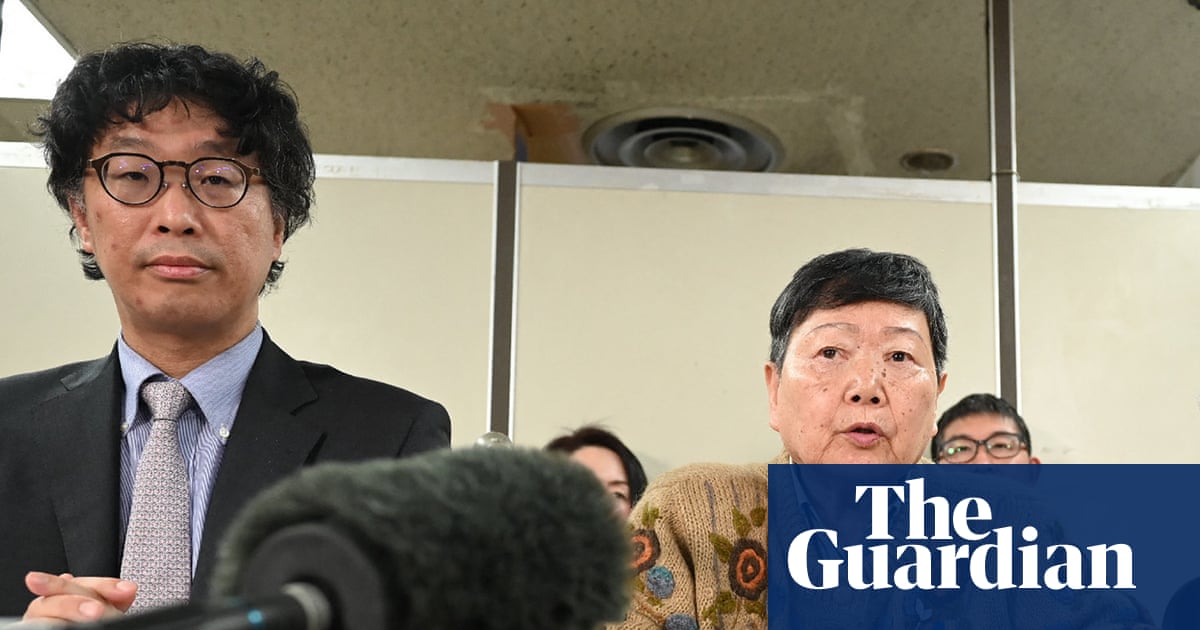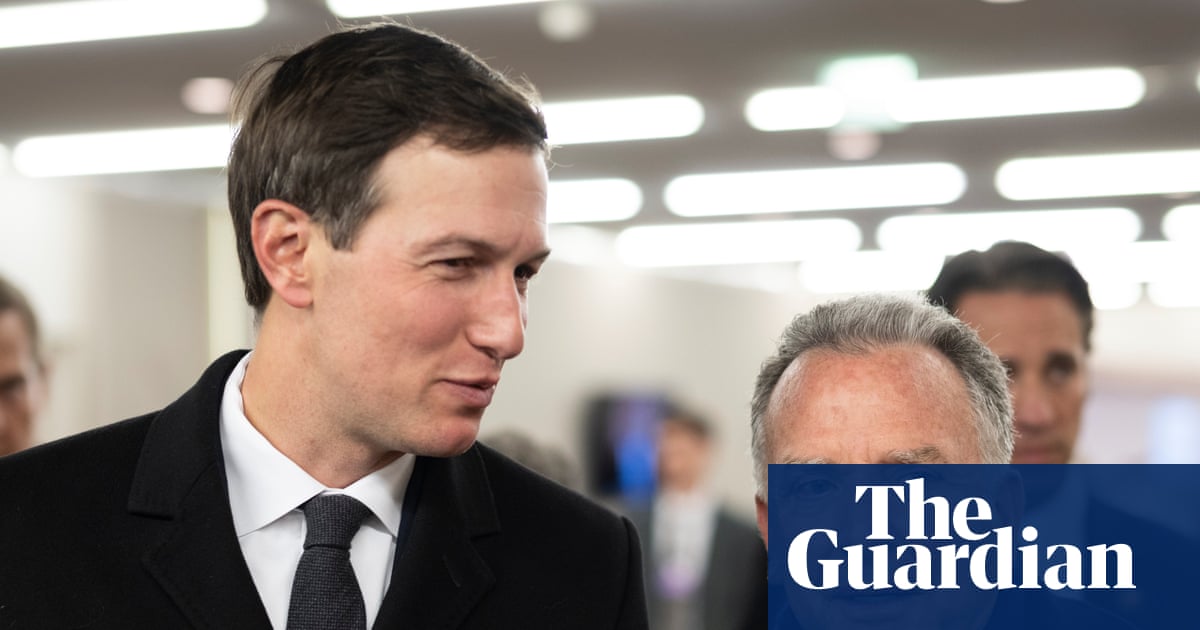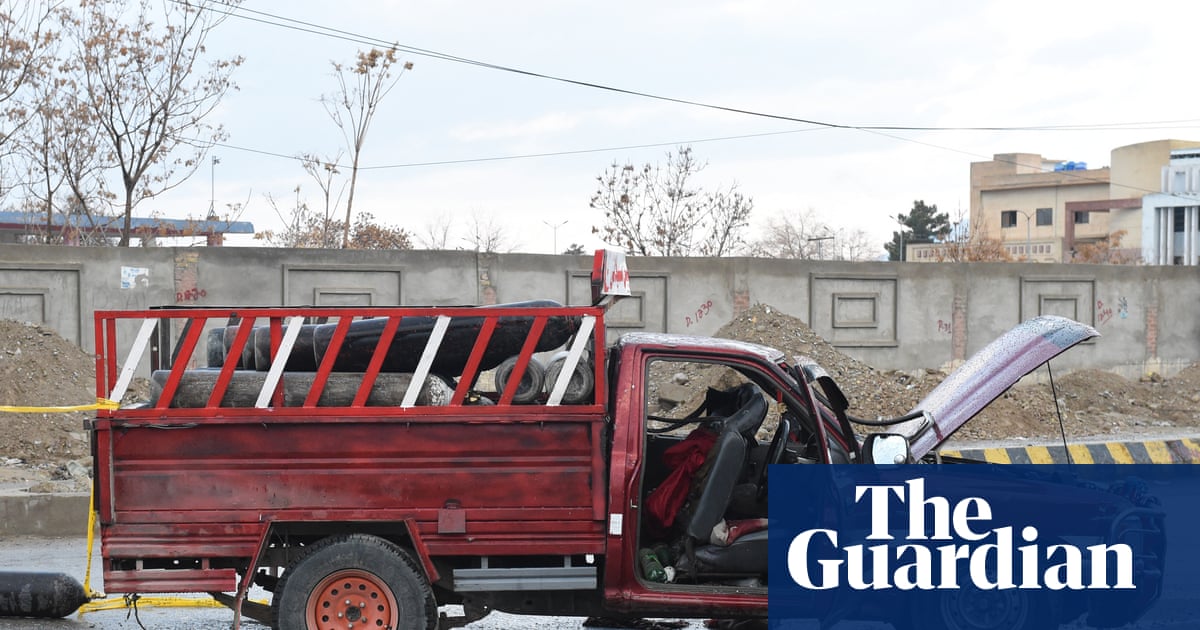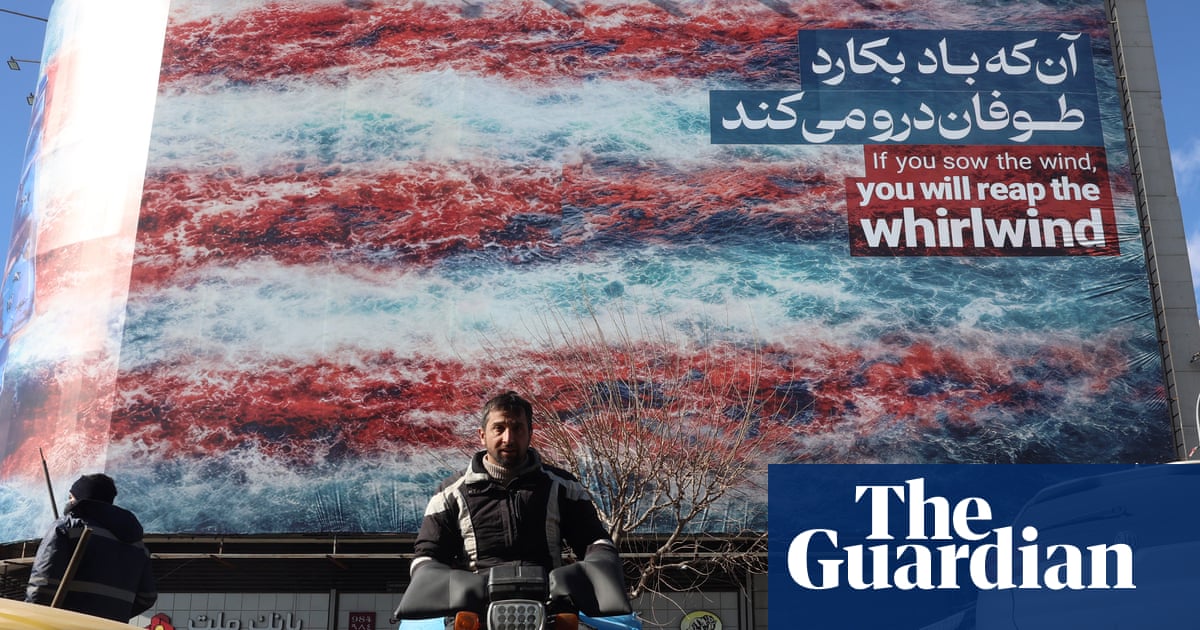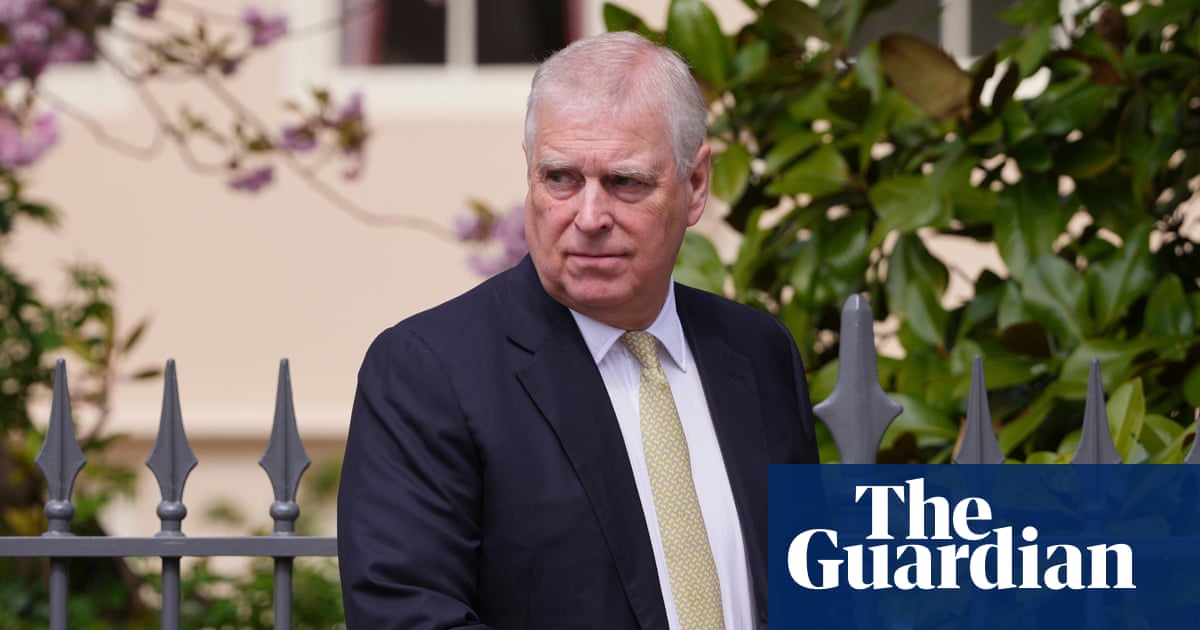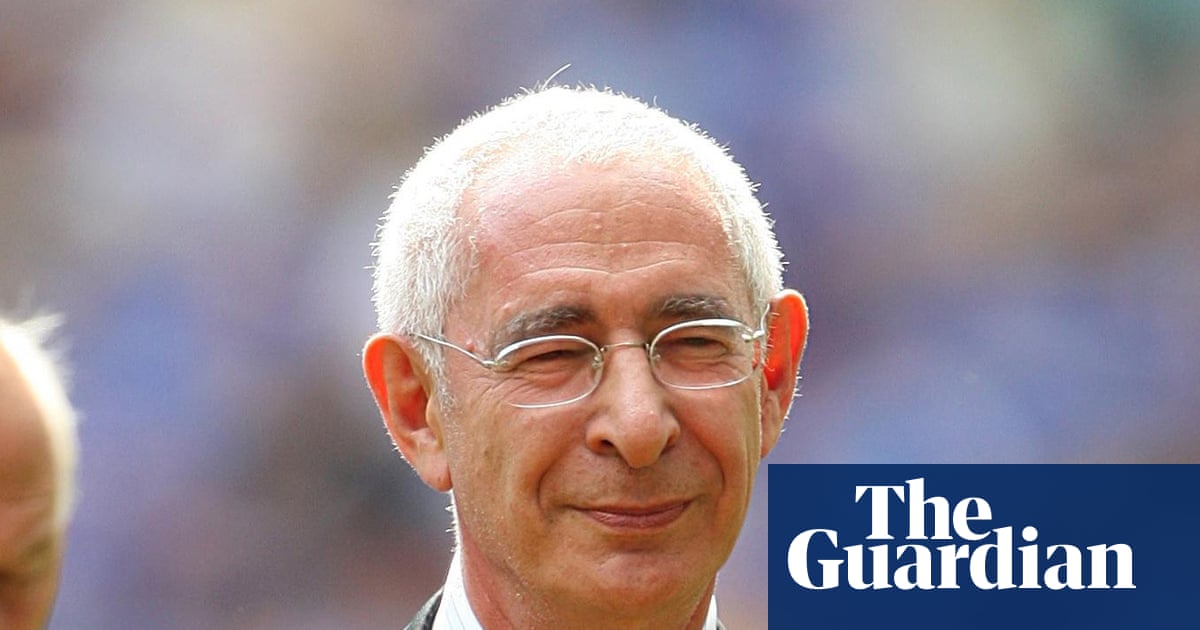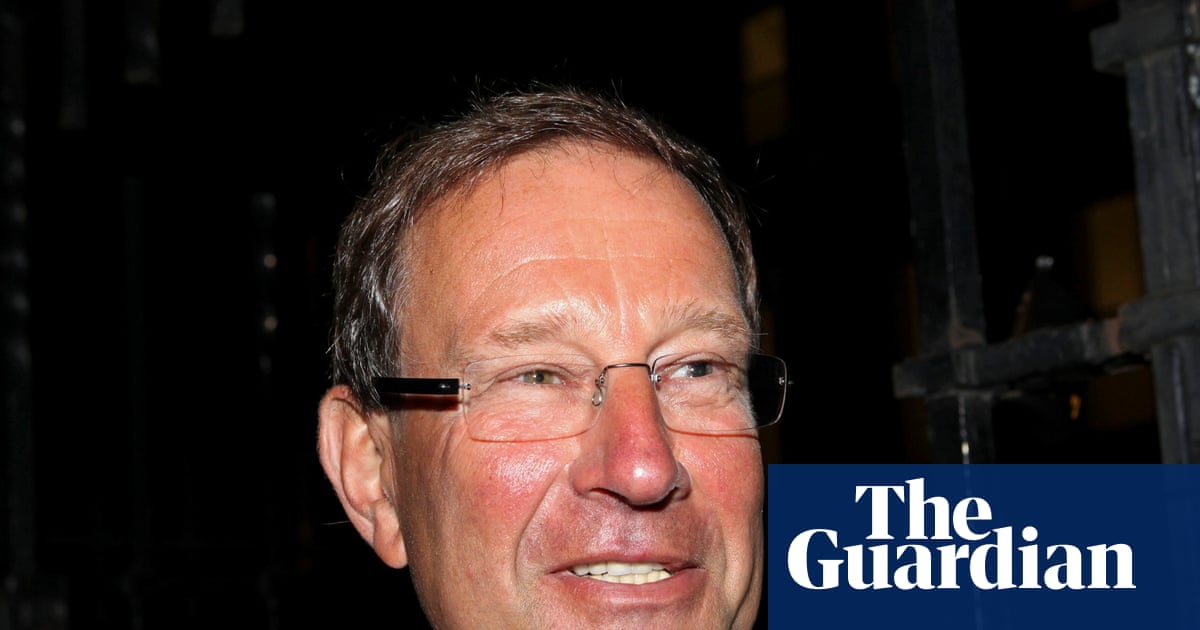An international deal with Iran designed to keep the world safe from the spread of atomic weapons has officially ended, with Tehran announcing the termination of the decade-old agreement.
Iran said on Saturday that it was no longer bound by the 2015 agreement, officially known as the Joint Comprehensive Plan of Action (JCPOA), under which international sanctions were lifted in exchange for limitations on Tehran’s nuclear programme.
From now on “all of the provisions [of the 2015 deal], including the restrictions on the Iranian nuclear programme and the related mechanisms are considered terminated”, Iran’s foreign ministry said in a statement.
However, it added that the country “firmly expresses its commitment to diplomacy”.
Signed in Vienna by Iran, China, Britain, France, Germany, Russia and the United States, the agreement hoped to end the years-long diplomatic standoff and mark the beginning of a new era in relations between Iran and the west.
While the agreement officially expires on Saturday, it has been in disarray for years.
In 2018, in his first term as president, Donald Trump upset his European allies by unilaterally taking the US out of the deal and reinstating sanctions. He disliked the pact, signed by one of his predecessors, Barack Obama, and was discouraged from diplomacy by Iran’s arch-enemy, Israel.
As a result of the US withdrawal Tehran began stepping up its nuclear programme.
European-led talks to resurrect the agreement have failed, and this summer’s bombing raids on Iran by Israel and the US left hopes for a revival at a historic low.
After that 12-day war in June, Iran’s parliament passed a bill to refuse to cooperate with the International Atomic Energy Agency (IAEA), the UN’s nuclear inspectorate.
That led to signatories Britain, Germany and France triggering the so-called “snapback” process, leading to the re-imposition of the UN sanctions. The snapback provision allows for the rapid and automatic re-imposition of all UN sanctions that were lifted under the deal if Iran were to significantly violate its nuclear commitments
Those snapback sanctions in effect made a formality of “termination day”, which was set for 18 October, exactly 10 years after the adoption of UN security council resolution 2231.
Last month, when the snapback sanctions went into effect, the British, French and German foreign ministers said in a joint statement they would continue to seek “a new diplomatic solution to ensure Iran never gets a nuclear weapon”.
The European Union’s top diplomat, Kaja Kallas, said the sanctions “must not be the end of diplomacy” and that “a sustainable solution to the Iranian nuclear issue can only be achieved through negotiations”.
On Monday, Trump said that he wanted a peace deal with Iran, while Tehran has repeatedly said it remains open to diplomacy with the US, provided Washington offers guarantees against military action during any potential talks.
The three European powers also last week announced they would seek to restart talks to find a “comprehensive, durable and verifiable agreement”.
Still, relations between the west and Iran remain strained. Washington had already imposed large sanctions, including trying to force all countries to shun Iranian oil. Several rounds of Omani-brokered talks this year between Tehran and Washington failed to reach an agreement.
Iran’s top diplomat, Abbas Araghchi, said last week that Tehran did “not see any reason to negotiate” with European powers, given that they triggered the snapback mechanism.
Western governments and Israel have long accused Iran of seeking to acquire nuclear weapons, a claim Tehran denies, saying its programme is energy and civil-focused.
Iran is expected to mark termination day with a statement later on Saturday at the UN in New York.
Agence France-Presse contributed to this report

 3 months ago
102
3 months ago
102



